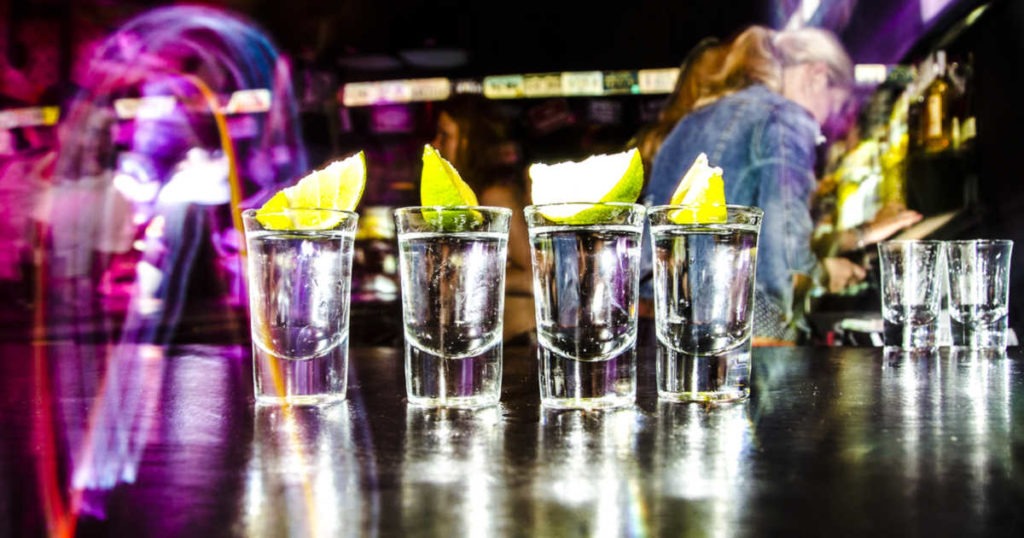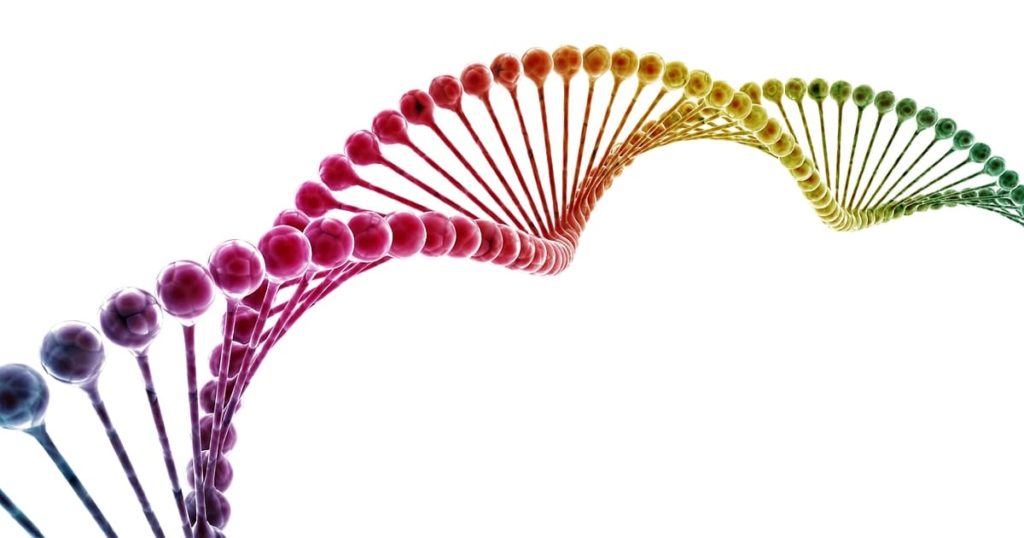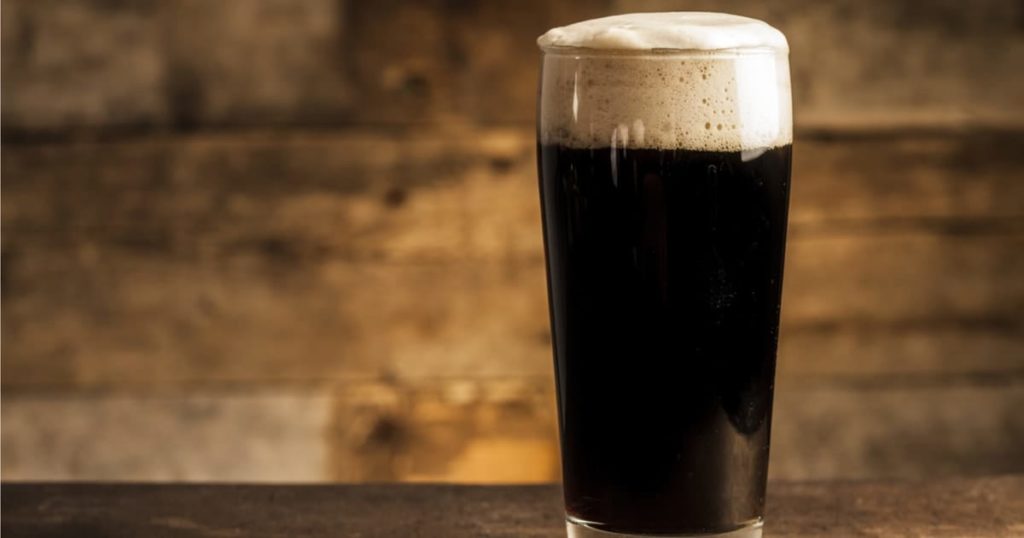“A physician who treats himself has a fool for a patient” is the famous quote attributed to William Osler regarding self-diagnosis. When it comes to knowing how to deal with alcoholism, the reverse is also true — patients who try to take on the doctor role and diagnose themselves without professional assistance may also be acting foolishly. We live in the age of Google, and asking Dr. Search Engine for help has become commonplace. But when it comes to any medical condition, computer literacy does not make up for years of medical school, in-depth training, internships and residencies. Figuring out not only how to diagnose, but also how to deal with alcoholism once you have been diagnosed, requires professional help. Here are some reasons why self-diagnosis for any addiction including alcoholism is not recommended:
- One central feature of alcoholism is the psychological defense mechanism called denial. To a family member or friend, denial looks like lying, but it is different. A person in denial really believes the lie. In the case of alcoholism, the lie is that drinking isn’t a problem. To an alcoholic, anything and everything else may be the problem, but alcohol is never identified as a problem. No matter what evidence is offered as an indicator that drinking is the issue (for example, getting a DUI), to an alcoholic there is always a different and better explanation.
- In order to understand addiction, it’s important to have a comprehensive clinical interview and for the clinician to get a complete medical and psychosocial history. Why? Because there may be other disorders (medical or psychological) that also need to be diagnosed and addressed in order to better understand and treat the addiction.
- Sometimes drinking is the result of self-medicating other disorders. Living with post-traumatic stress disorder, bipolar disorder, anxiety disorders and other illnesses can increase the risk of using alcohol or other substances to numb or dull symptoms. Addiction may be a factor along with the other disorder and both must be addressed if you are to stop drinking.
Asking a person with a drinking problem to diagnose his or her own alcoholism, in most instances, is simply asking too much of someone who is already struggling. Help is available, be it medical help at your doctor’s office, or self-help at a local Alcoholics Anonymous meeting. Being willing to accept help from people who really know how to deal with alcoholism is an important part of beating this addiction. https://www.aafp.org/afp/2002/0201/p441.html https://www.verywell.com/diagnosis-of-alcoholism-66519 https://www.psychologytoday.com/blog/emotional-sobriety/201312/stop-the-self-diagnosis https://step12.com/alcohol-self-test.html






